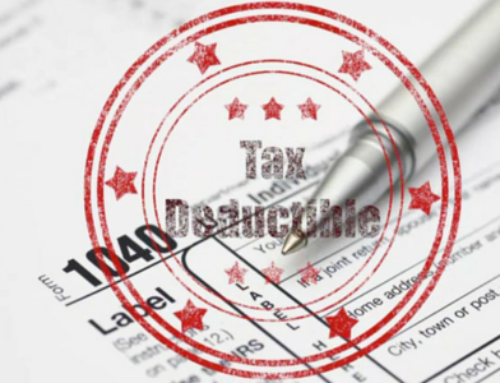You started a business! Congratulations! You may have started it because it’s a lifelong dream, a side “gig” took off or your job options are not what you hoped so you’re making your own opportunities. No matter the reason your business can’t function without accounting. Here are some things a new business owner needs to think about when it comes to accounting.
Regardless of where you are in your business start-up process a consultation with an accountant/CPA is essential to ensure your systems are in place and deductions maximized. Here are some common issues to think about for your new business accounting system:
What form of accounting will you use?
- Cash Basis Method: Income is recognized when you receive it and you recognize the expense when you pay it. Service businesses often operate on this basis because it’s much easier to understand.
- Accrual Method: Revenue is matched with expenses no matter when, or if, cash is collected. If you sold something but you’re not paid for another 30 days, the sale is recorded when you made the sale. When you get the money it comes in “accounts receivable” and is turned into cash. If you’re involved in manufacturing or have inventory the Internal Revenue Service generally requires that you use the accrual basis.
Separate business records
Even the smallest one person business should have a business bank account. Keep your business records apart from your personal records. This will make it easier to prepare your tax returns.
Tax liability issues
Depending on your business there could be any number of tax liability issues you may need to address, including,
- Income Taxes: If you are a sole proprietor you should report your business activity on Schedule C attached to your IRS form 1040 and you will also need to pay social security taxes on this income (about 15% of net income). If your business is a partnership or LLC does that doesn’t prevent having to pay this self-employment tax.
- Payroll Taxes: There will be state and federal (and depending where you’re located, local) payroll taxes that you will need to file. There is also the state unemployment tax that needs to be paid.
Quarterly returns
They are payroll and sales tax returns. You will need to file quarterly payroll tax returns and send what you’ve withheld from the employee’s’ checks and the employer’s share of social security taxes to the federal government. You must account for state income taxes that you withhold and state unemployment tax payments. Failure to get the correct amounts paid on time may result in financial penalties.
Internal controls
These are methods used to handle funds (whether cash, checks or credit cards) that are exchanged for your goods or services. The goal of these controls is to ensure the business gets all its income without any of it being lost to waste, fraud, theft or carelessness. An otherwise well run business can suffer without proper internal controls. If you have inventory you should also set up controls to limit the threat of theft by employees or others.
These and many other issues make up the accounting practice for small business owners. Whether you have a financial concern about your personal or business life, we can help. If you have any questions about small business accounting, tax issues or need financial consulting, give us a call at (215) 659-5000.






